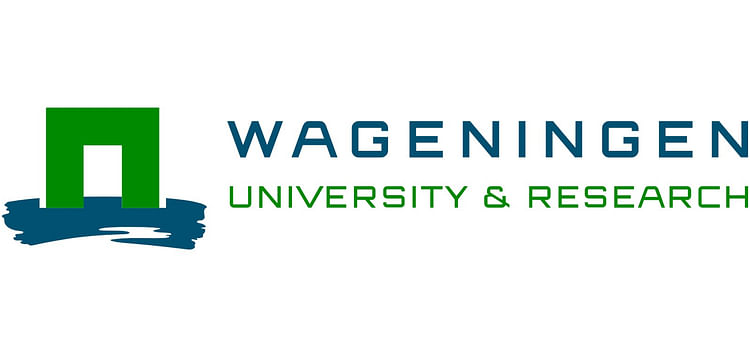The Ministry of Economic Affairs commissioned a mission to study the opportunities for development of the seed and ware potato value chains in Kenya with private sector support.
LEI and Centre for Development Innovation (CDI), both part of Wageningen University and Research Centre, were tasked with compiling the report, and given their knowledge of the Dutch potato sector, the report will identify challenges and opportunities in Kenya that match the expertise and technology available in the Netherlands.
Written by Bas Janssens and Siert Wiersema, the report gives an overview of opportunities and challenges of the Kenyan potato value chain, in particular seed potato supply, mechanisation, storage and linking producers and markets.
Key findings of the report
Potato in Kenya is an important food crop, second to maize.
Potatoes are grown on 128,000 ha per year with average yields of about 8 tonnes per ha. The yield is far below its potential and should be improved to enhance food security.
Of all potato growers in Kenya, 98% are characterised as small-scale farmers, producing less than 0.4 ha of potatoes per year per farm (total of two planting seasons). They produce 83% of the national production. Lack of good quality seed is a main reason for low yields. The fast-track seed project aims to improve availability of certified seed. Imported seed needs to be multiplied locally once or twice to reduce the cost price and make it affordable for small-scale growers. It is estimated that there is potential for at most 1,000 ha of professional seed production in Kenya to meet the market demand for certified seed.
In Kenya about 98% of ware potatoes are sold for 'fresh' consumption. For industrial processing the most favourable opportunities are the production of crisps and fresh - not frozen - French fries. To change the low-input low-output strategy of many small-scale farmers linkages between producers and markets need to be improved.
In the short term, improvement of potato growing and crop management should receive higher priority than storage and mechanisation. Storage and mechanisation should be adapted to local conditions and needs. Two cases have been indicated in which investments in professional cooled storage facilities are necessary:
- storage of seed potatoes of varieties with a long dormancy period;
- storage of ware potatoes for processing industry and some high-end retailers.
Machinery supplied for potato growing in Kenya should be geared to local needs. Higher yields and more multiplications of imported seed reduce the cost price of seed potatoes produced in Kenya. The cost price of imported seed after two multiplications is competitive with locally produced seed from minitubers after three multiplications.
Methodology
This report describes the current situation of the potato sector in Kenya and opportunities for further development. The study focuses on possibilities of the Dutch agribusiness to facilitate these developments.
Existing information has been collected, although information on potato production was not easily available. In addition, during a mission to Kenya stakeholders were visited and interviewed. This resulted in costprice calculations for seed potato production (short and long-term storage, imported seed and minitubers) and market information.
















